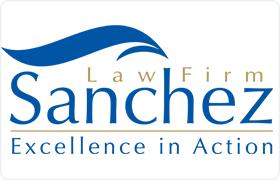Bedford Real Estate Lawyer, Texas, page 6
Sponsored Law Firm
-
 x
x

Click For More Info:
-
Sanchez Law Firm
150 W. Parker Rd. 3rd Floor Houston, TX 77076» view mapReal Estate Excellence In Action
We advocate for our clients in and out of court. When you and the system meet head on, you need an attorney who is experienced, credible, and active.
800-785-3351
Patrick James Funiciello
Real Estate, Criminal, Administrative Law, Bankruptcy
Status: In Good Standing Licensed: 48 Years
Steve Lund
Construction, State Government, Litigation, Commercial Real Estate
Status: In Good Standing Licensed: 19 Years
Daniel Thomas Temple
Business & Trade, Commercial Real Estate, Wills
Status: Inactive Licensed: 26 Years
Travis W. Cope
Construction, Employee Rights, Insurance, Personal Injury
Status: In Good Standing Licensed: 24 Years
Billye G. Souder
Commercial Real Estate, Wills, Insurance, Business
Status: In Good Standing Licensed: 41 Years
 Benjamin Sanchez Houston, TX
Benjamin Sanchez Houston, TX Practice AreasExpertise
Practice AreasExpertise
